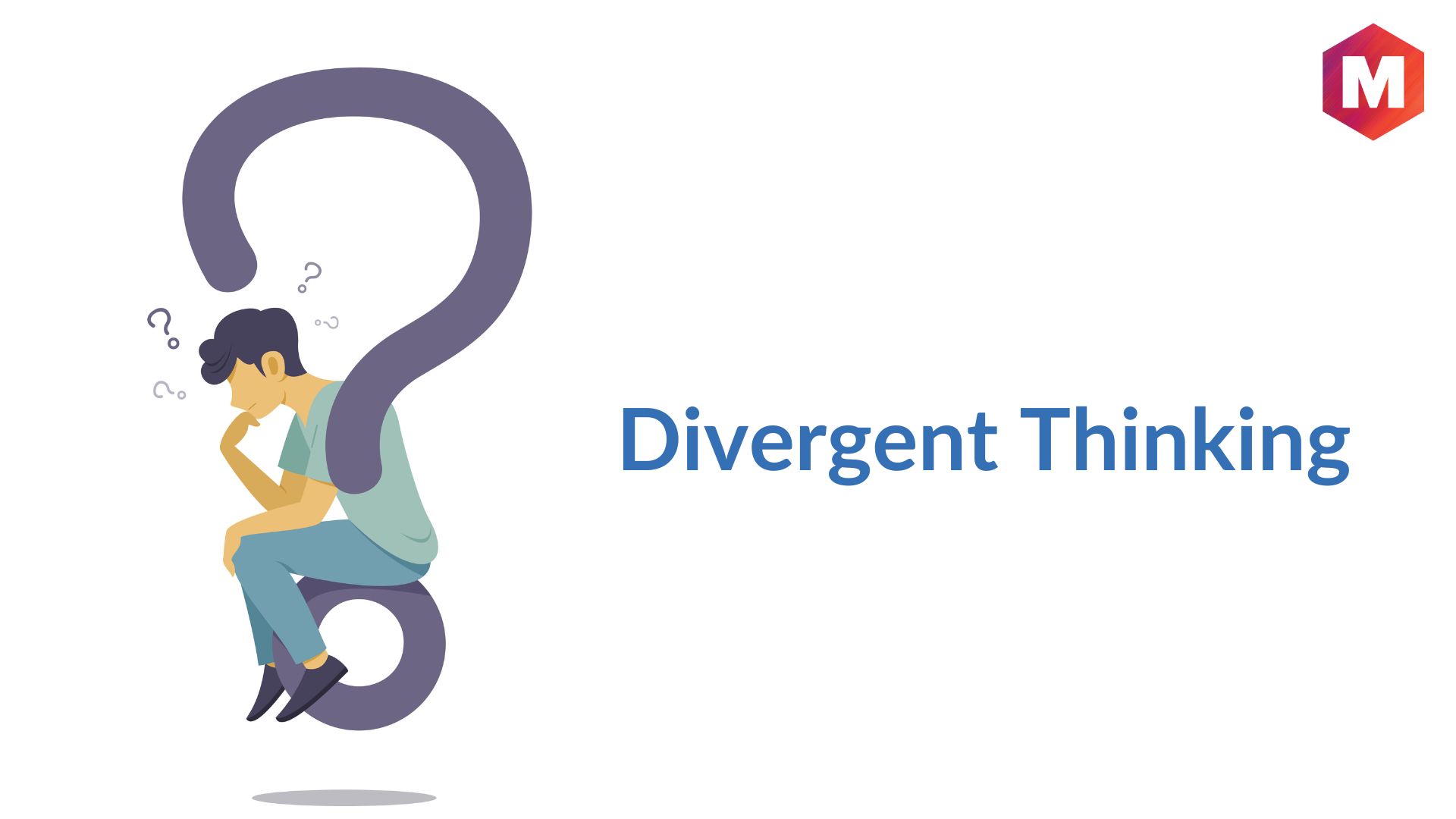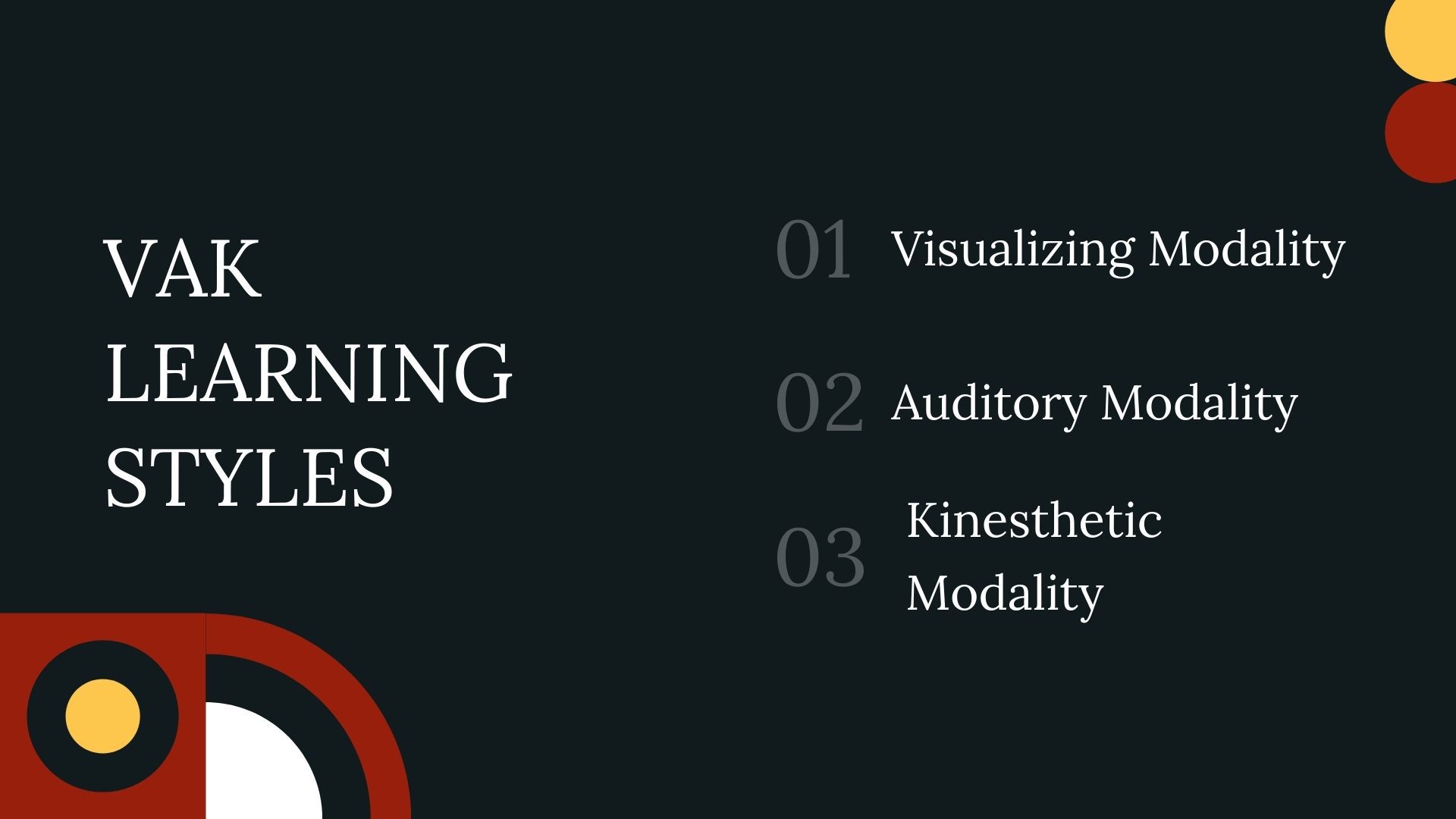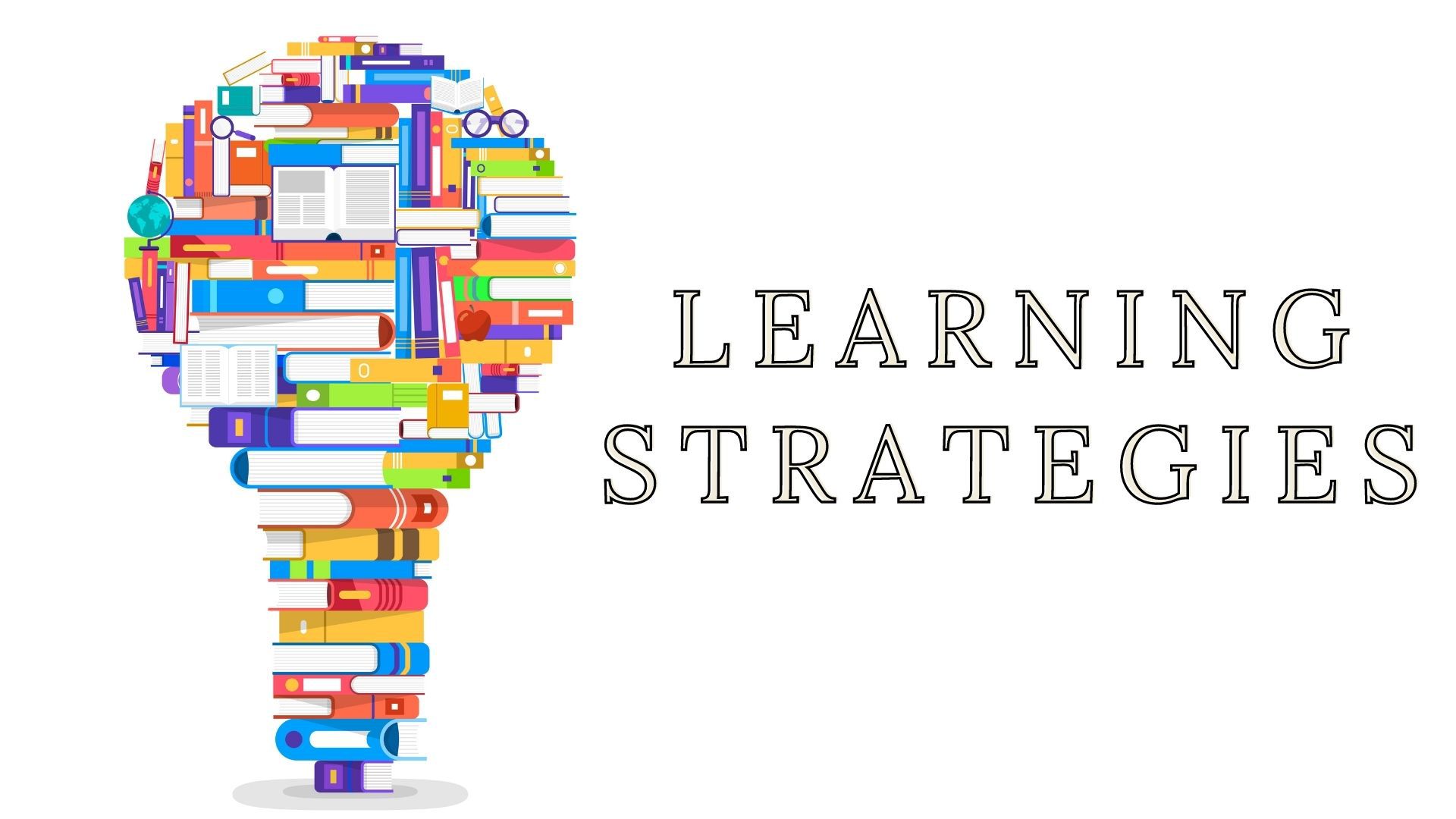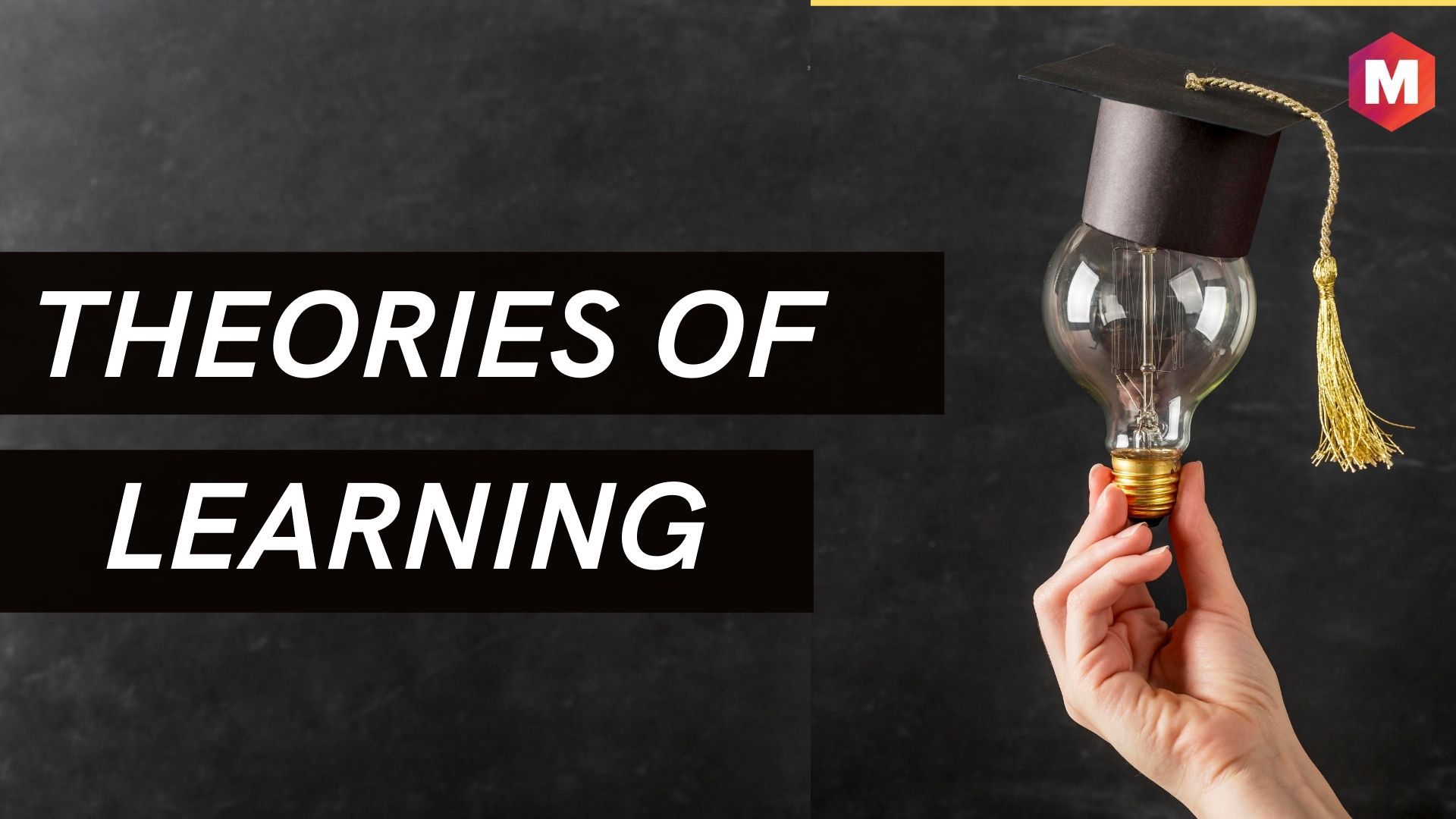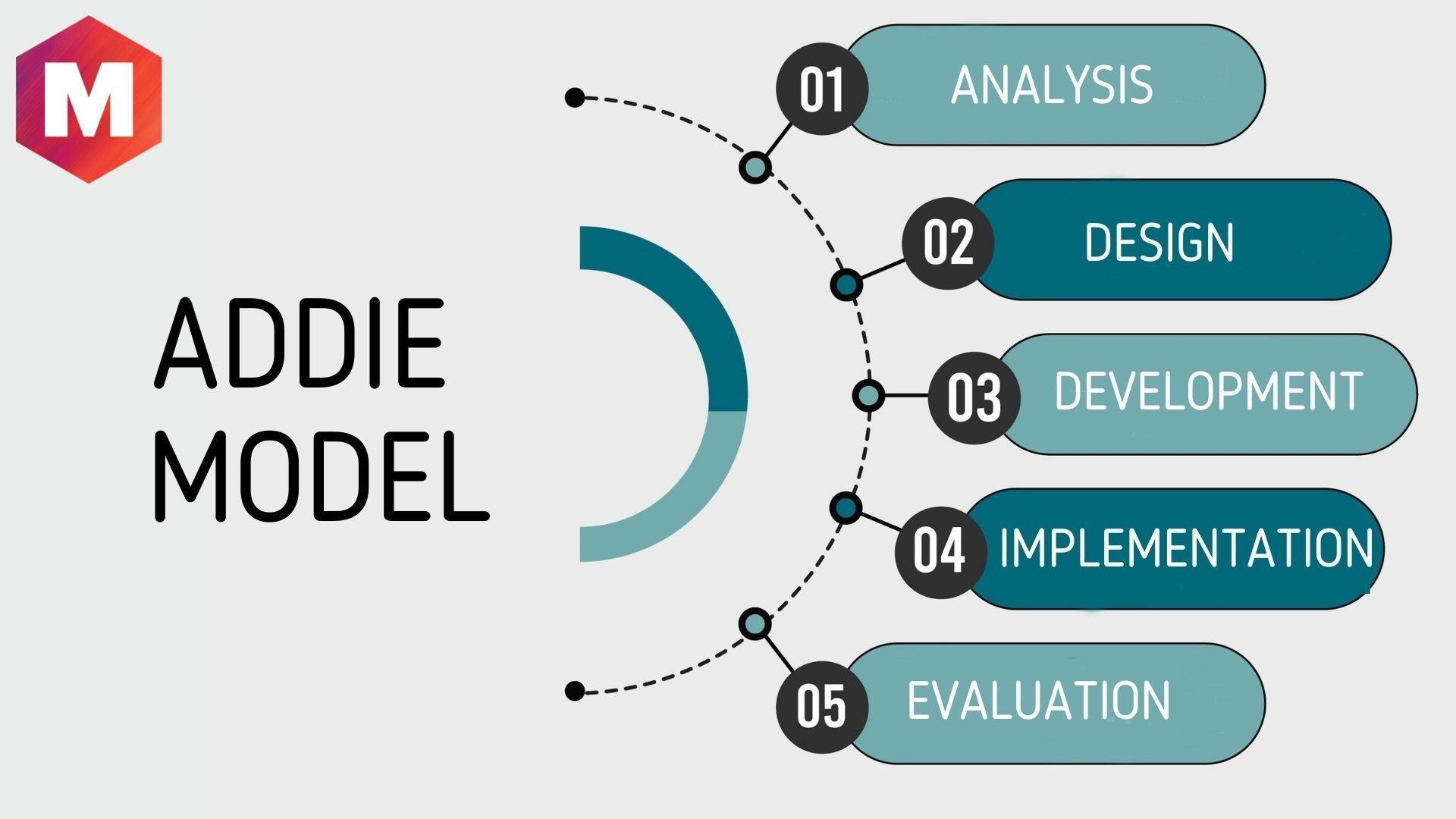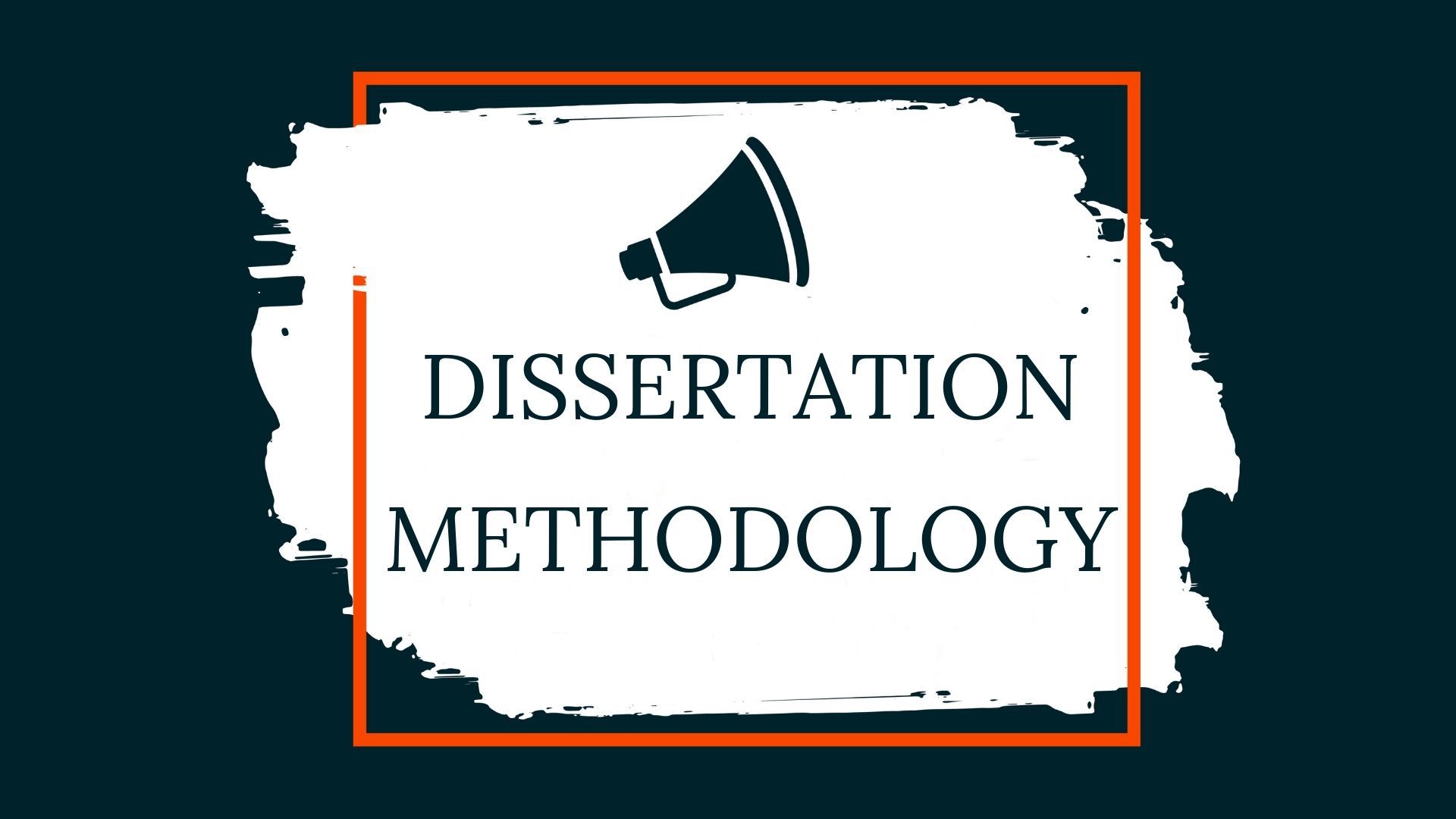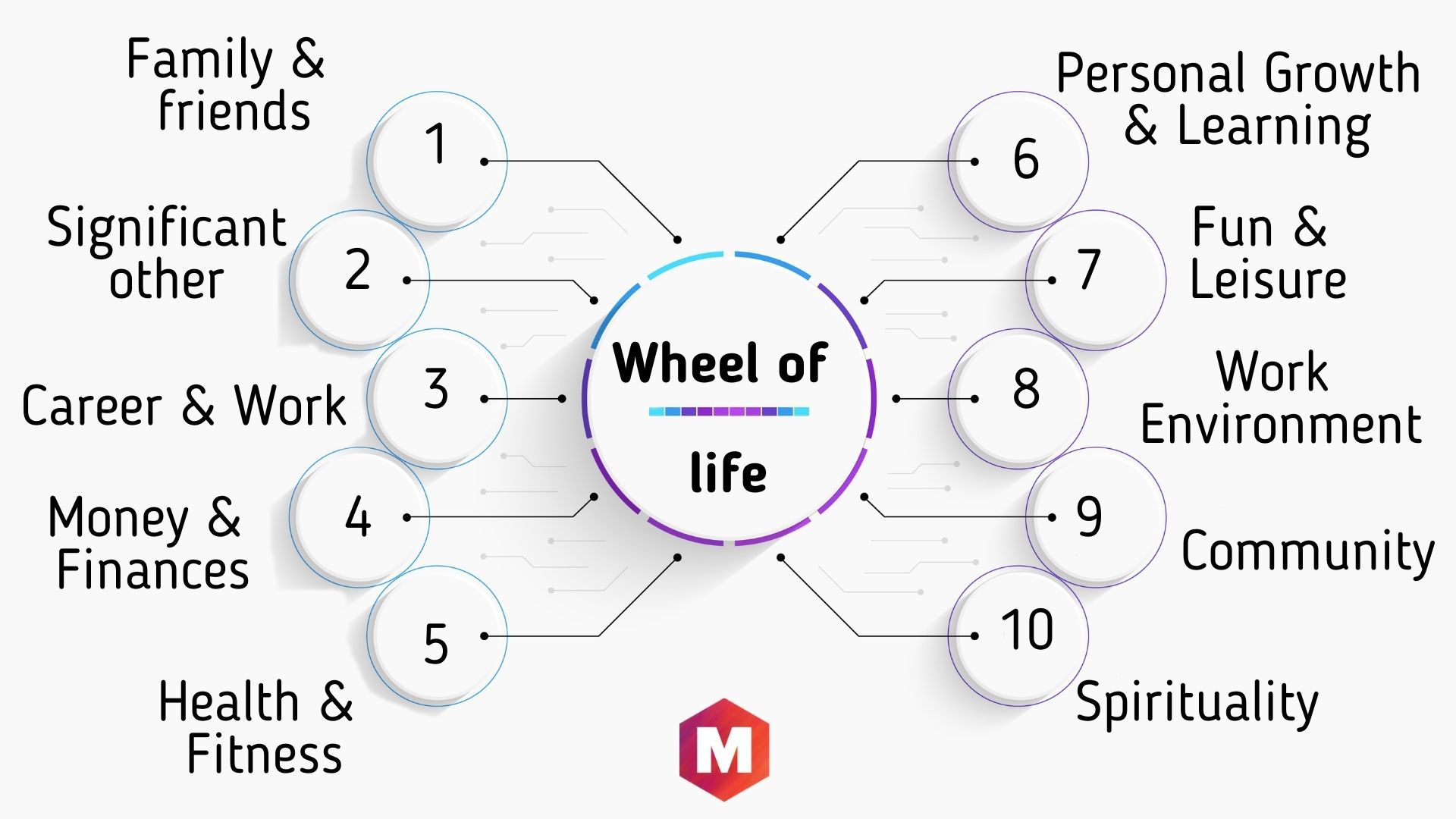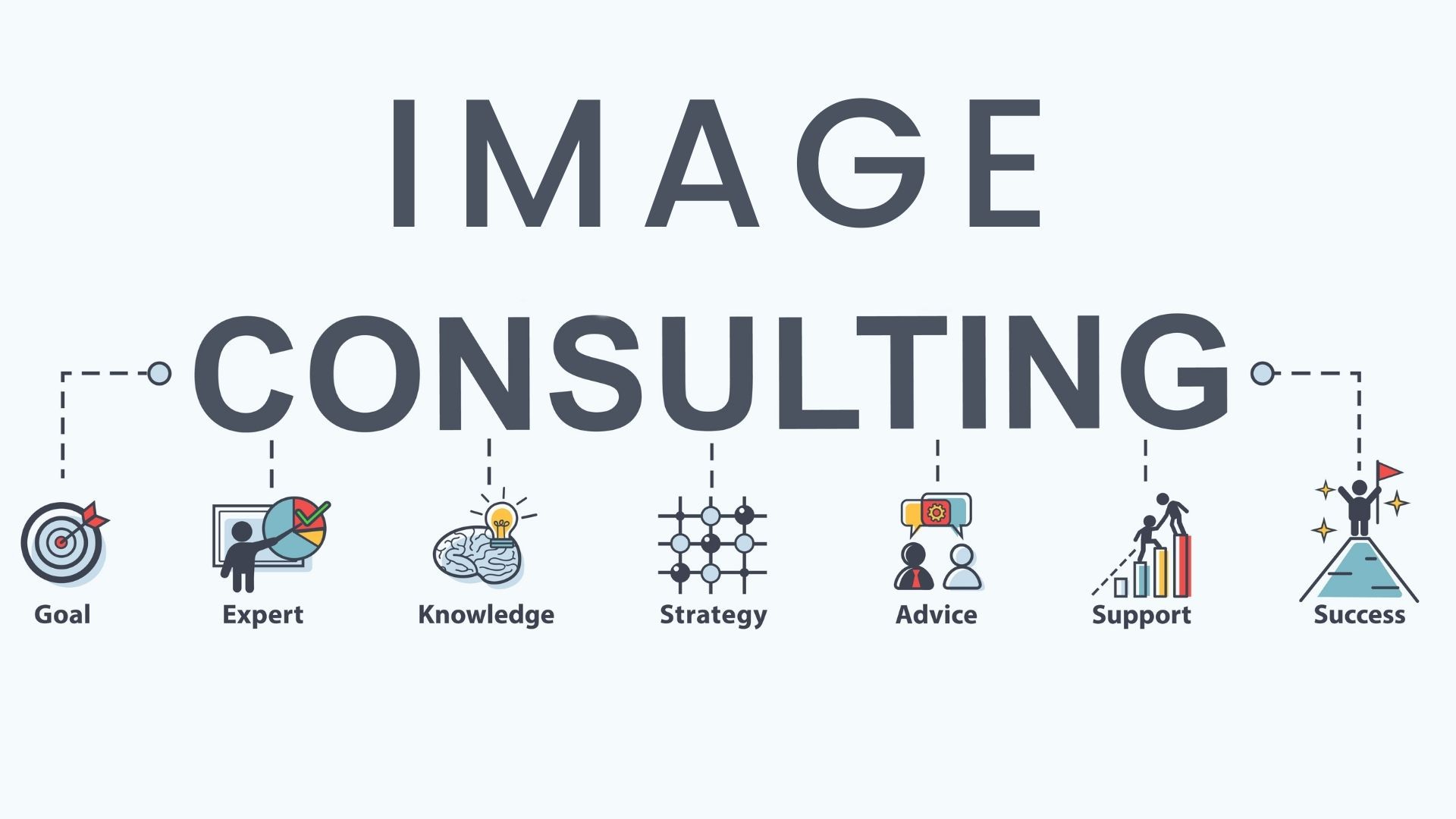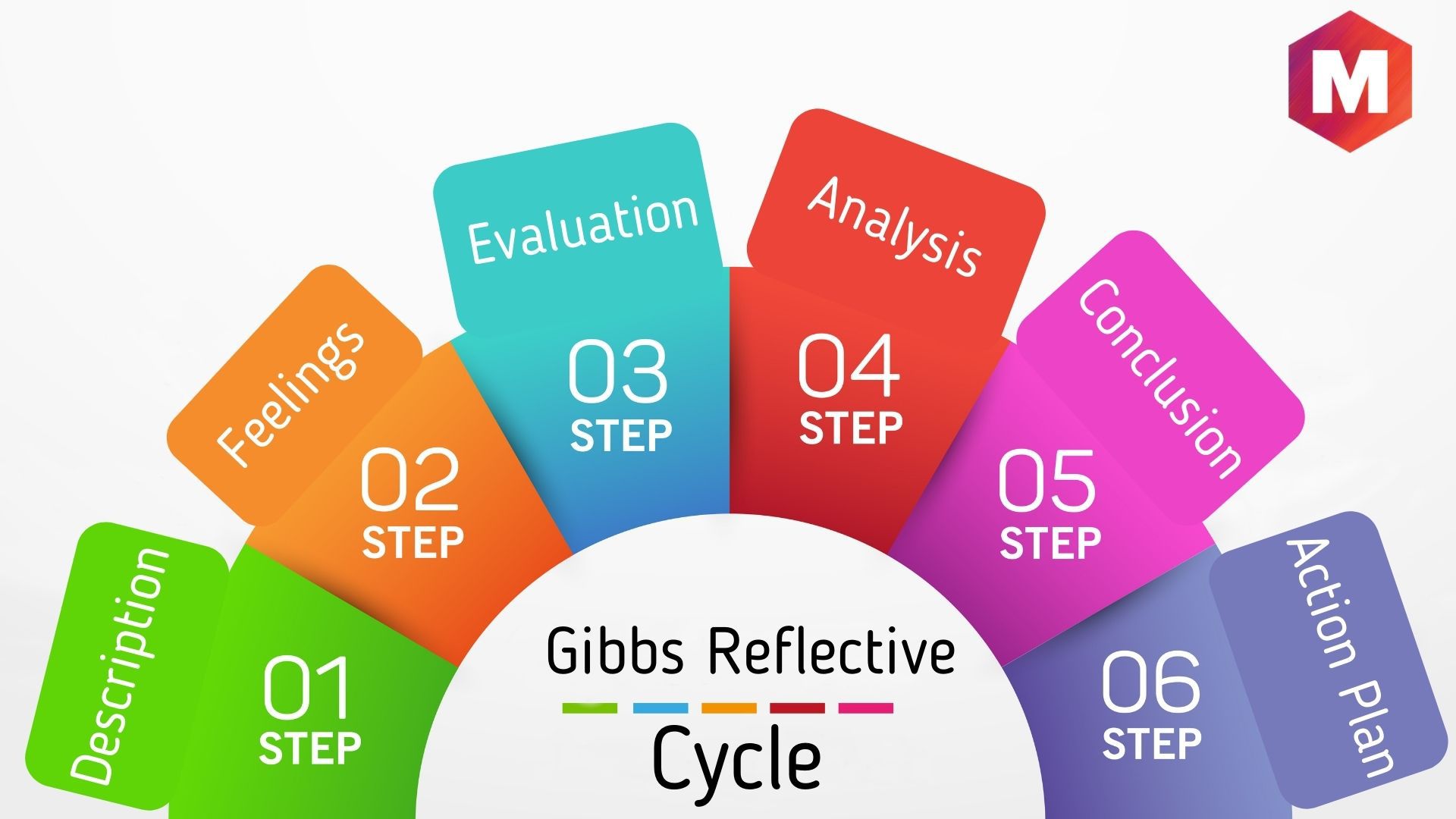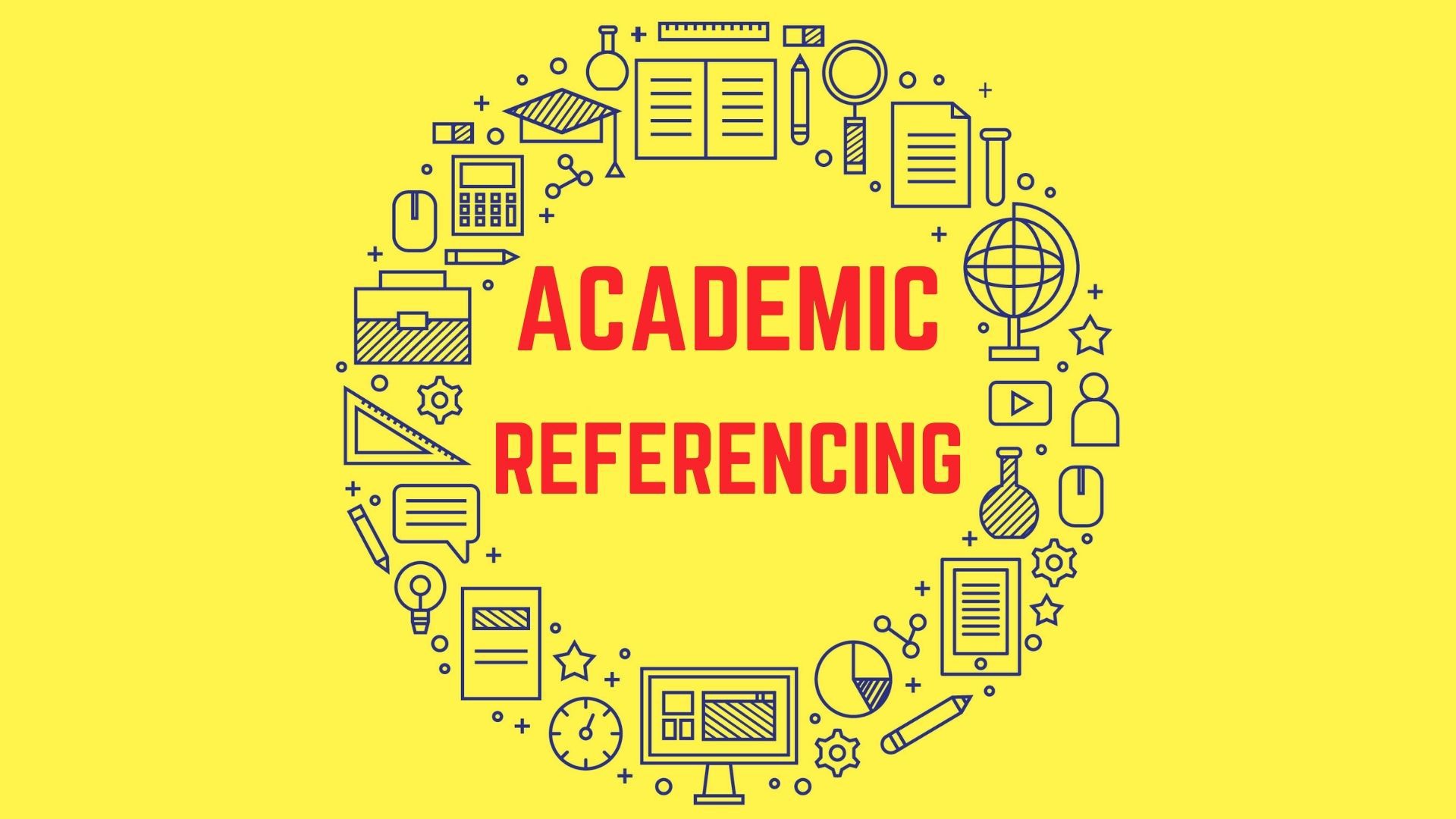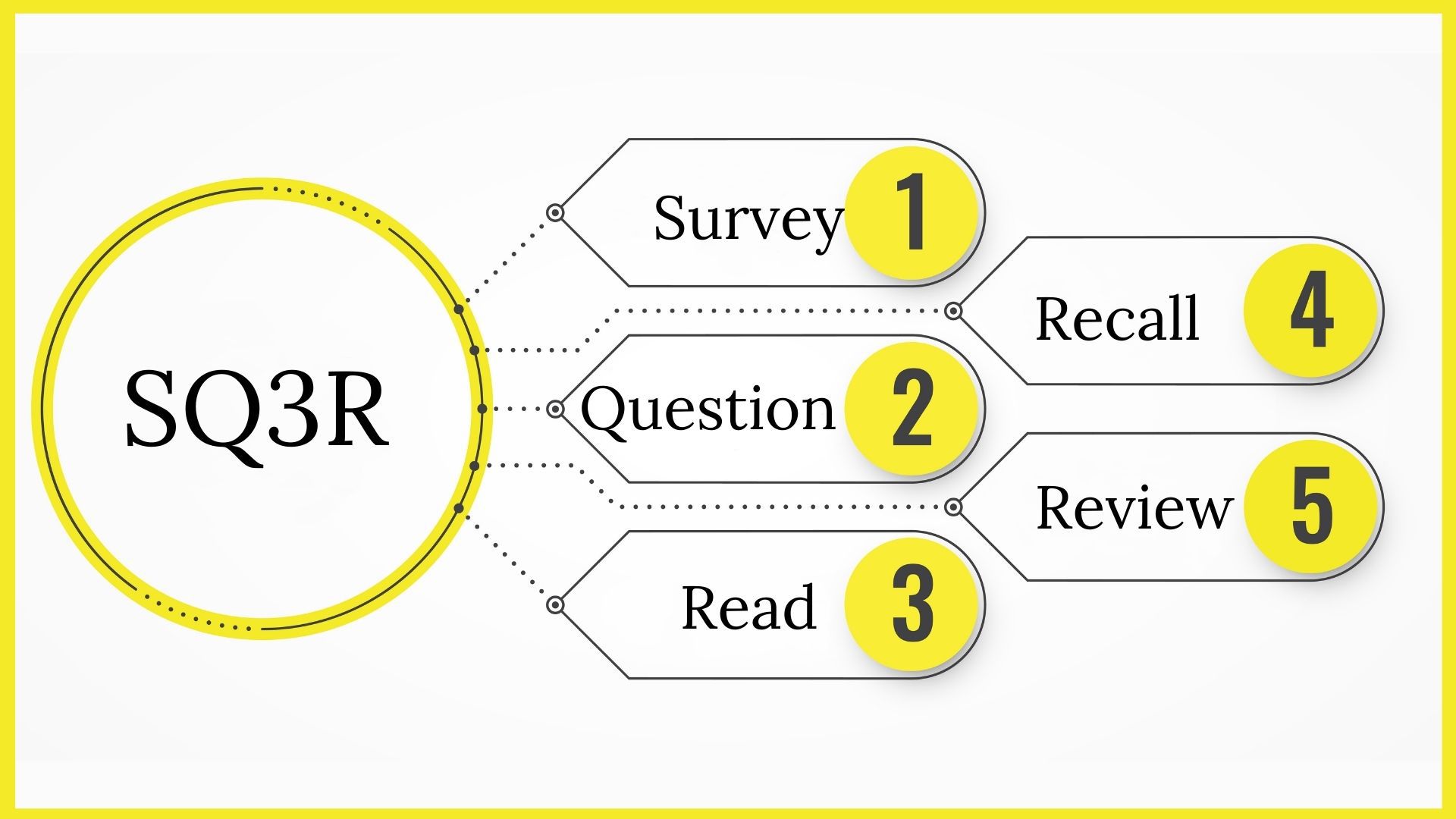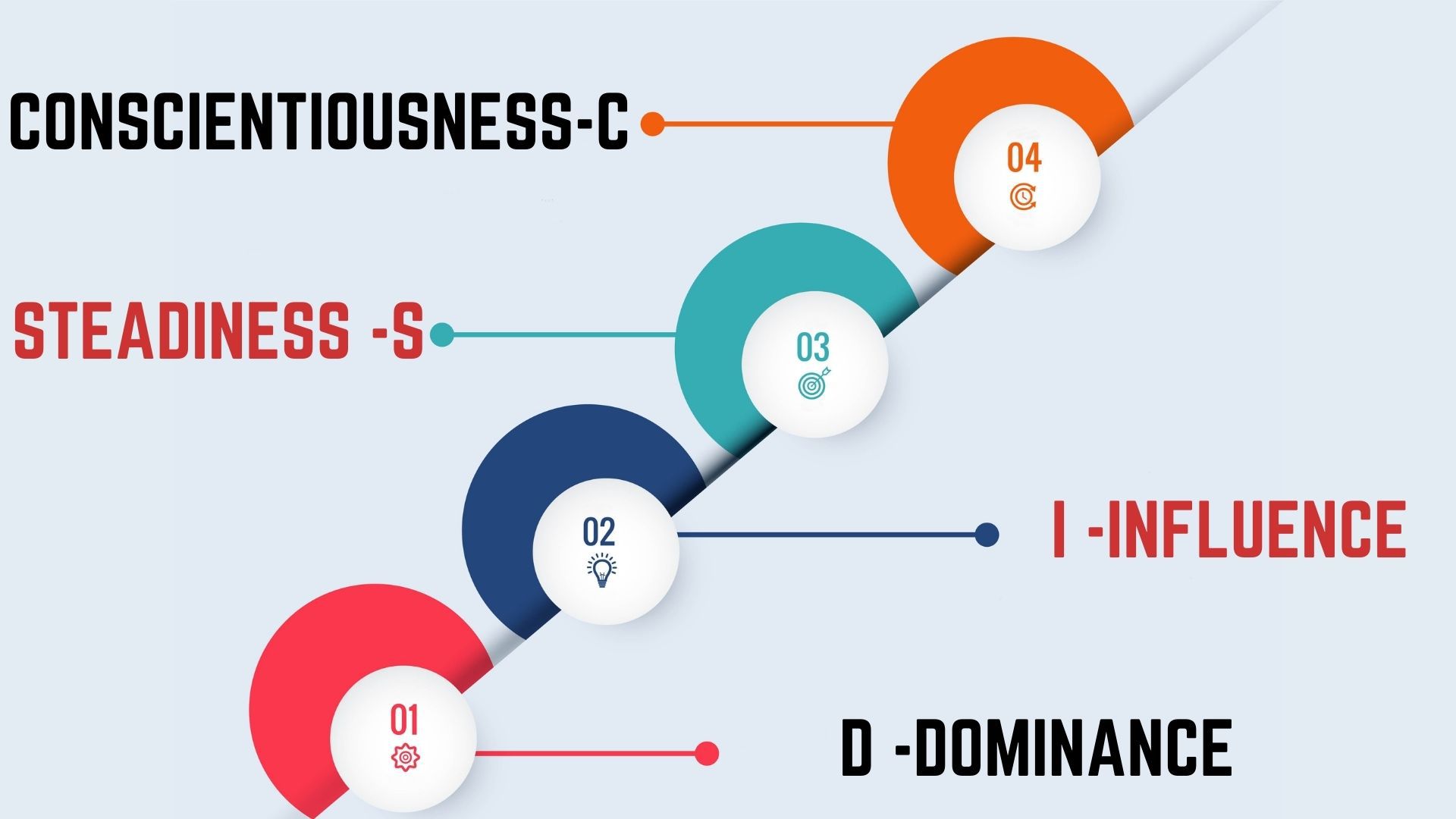What is Dess Code? The dress code is a set of rules governing what clothing is appropriate to wear in a given setting. Dress codes…
Careers Category
Explore career paths, find job opportunities, and gain valuable advice to advance your professional journey.
Chairman Definition and Responsibilities
A chairman is a managing official of an organization, committee, or meeting. In a company, a chairman is understood as the head of the board…
Divergent Thinking – Definition, Advantages and Disadvantages
Divergent thinking is a type of thinking that allows you to explore different ideas and come up with original solutions. This type of thinking is…
Director – Definition, Meaning, Duties, Responsibilities and Qualifications
The Director position is a high-level executive position responsible for managing an organization or business. A Director typically reports to a CEO or President and…
Face to Face Interviews – Process and Tips
What is Face to Face Interviewing? Face-to-face interviewing is a type of qualitative research or data collection method in which data is collected through personal…
What is a Consent Letter? Types and Format
A consent letter is a document that provides evidence that you have given someone permission to do something on your behalf. This could be something…
How to write an Apology Letter? Template and Examples
An apology letter is a written or physical document or Email that accepts the mistakes and takes full responsibility for your actions to demonstrate regrets…
Theory – Definition, Types, Steps, and Characteristics
A plausible or scientifically acceptable general principle or body of principles offered to explain phenomena – Merriam Webster The theory is often referred to as…
VAK Learning Styles – Definition and Types
VAK Learning styles refer to the theory of individual learning. If you are looking for the answer to who created the VAK Learning styles model,…
Effective Techniques of Learning Strategies
Learning strategies are defined as the tactics used by the students in their learning process. It is the self-generated action that helps them to optimize…
Understanding the 9 Theories of Learning for Learners
Theories of learning revolve around Classical Conditioning, Cognitive Conditioning, Operant Conditioning, Social Learning, Behaviorist, Constructivist, Humanist, and Connectivist learning theories. Here, the process of learning…
5 Phases of ADDIE Model
The ADDIE model of instructional design is referred to as a process to develop, create and plan an effective learning management system. It is used…
Stress Interview – Definition, Types and How to Succeed In It
Different types of interviews are conducted to examine the different skills of candidates. The stress interview is one of the most commonly used interview types…
How to Write a Dissertation Methodology in Five Steps
Dissertation methodology is not everyone’s cup of tea. It is considered a time-consuming and challenging process, so it needs to be handled and written with…
Group – Definition, Characteristics, Functions and Types
A group is a collection of human beings who interact with each other in a manner that they mutually impact and channel the whole process…
The Wheel of life – Concept and Application in Coaching and Time Management
What is The Wheel of Life? The wheel of life technique provides an instant overview of dimensions of your life in predefined categories like relationships,…
Group Work – Meaning, Benefits, and Implementation
Group work is a method that includes working in groups to enhance critical, decision-making, collaborative, and communication skills to increase productivity. Students in their school…
What is Image Consulting and How to hire the right Image Consultant
Image consulting is defined as a professional endeavor to improve an individual’s professional and personal image by making viable changes in his behavior, appearance, and…
Meeting Minutes or Minutes of Meeting
What are Meeting Minutes? Meeting minutes are a recorded or written documentation that is used for letting other people know about the things that occurred…
Career Counseling – Definition, Meaning, Importance and Types
What is Career Counseling? Career counseling, also known as career guidance, is a process that helps a person in understanding himself, his personality, background, abilities…
Gibbs Reflective Cycle and Model from 1988
What is Gibbs Reflective Cycle? Gibbs Reflective Cycle is a self-reflection and management tool that help people to think clearly and systematically about the different…
Career Planning – Definition, Meaning, Components, Steps and Phases
Definition – Career planning is a long-term career strategy that an individual utilizes for determining career goals and choosing a career path to accomplish those…
What is learning? Definition, PACT Learning Cycle, Concepts, and Advantages
What is learning? Learning is defined as gaining knowledge, preferences, attitudes, behavior, understanding, values, and skill. The ability to learn is most prominent in humans…
What is a Learning Plan and how to create one for yourself?
Definition: A learning plan is a comprehensive document that is used to outline development and learning activities over some time. It is also referred to…
Lifelong Learning – Types, Importance and Benefits
Definition: Lifelong learning is an ongoing process for the pursuit of knowledge. The quest to seek either or both formal and informal education for professional…
Academic Referencing – Advantages, Styles and How to do it?
Academic referencing is a way to tell the readers that the data and facts present in the academic article are from a good source. Academic…
What is coaching? Different coaching styles
Coaching is defined as a process that focuses on performance improvement in the present and not past or future. The coach is referred to as…
SQ3R Study Method: Survey, Question, Read, Recite, & Review Process
Student life is not easy since there is a lot of competition in academics. With parental pressure and study load, a student finds it difficult…
Affirmative Action Plan (AAP) – Definition, Meaning, Criterias and Compliance
Affirmative Action Plan or AAP is a document or a program that describes equal employment opportunities and the steps the organization has taken to achieve…
How To Write An Outline (Explained with Steps)
An outline is defined as a short plan where the main idea related to the essay, topic, research, or paper is written. The arguments that…
Roles and Responsibilities of a Secretary
Who is a Secretary? A secretary is an essential part of all businesses. Every successful businessman or a person in authority, like a CEO or…
How you can Ace An Interview? (Complete Guide)
Are you one of the hopeful candidates who have received a call for an interview in one of the best firms in the country? Are…
Career Management: Meaning, Process and Objectives
Career management, in simple terms, is referred to as structured planning of the professional career through personal choice. This is a life-long process that also…
The 9 Important Types of Questioning Techniques
Knowing the answers will help you in school, knowing how to question will help you in life – Warren Berger The essential thing in…
18 Common Barriers to Success You Need To Overcome
Success comprises of many things and is to a great extent dependent upon individual preferences and desires. For one person, it can be a high-profile…
10 Steps Involved in Career Progression Explained
Career progression is defined as the process of climbing the professional ladder in an individual’s work life. It is all about getting the most out…
What is the DISC Model? Meaning and Working Explained
The DiSC model is defined as a personal assessment tool that assists in improving communication, sales, leadership, teamwork, as well as productivity. It is of…
How to Conclude An Essay Effectively (Strategy and Tips)
The conclusion or writing a good conclusion paragraph is referred to as the last paragraph in a paper, article, or essay that summarizes the mentioned…
How To Write A Case Study in 7 Steps (Complete Guide)
A case study is defined as well-organized research that includes an in-depth examination of a specific case. It can be related to a person, an…
How To Write A Speech (Step by Step Guide)
A speech is written to speak it out publicly in front of live audiences. It becomes imperative to maintain a positive relationship with the target…


